Goulamina in Mali, Manono in DRC and now Arcadia in Zimbabwe. This year, Chinese companies have secured millions of tonnes of lithium supplies over several years through the buyout or acquisition of an interest in flagship projects on the continent.
In Zimbabwe, the Arcadia lithium project goes under the Chinese flag. Its current owner, Australia’s Prospect Resources, who signed a binding agreement with China’s Zhejiang Huayou Cobalt, announced Thursday, December 23, to sell him the asset in exchange for $ 377.8 million. This acquisition is the result of a process launched in August 2021 and led by consulting firms Azure Capital and Vermilion Partners, to find investors capable of financing the construction of the mine. This could have resulted in the formation of a joint venture or the signing of supply agreements in exchange for funds, two popular financing methods for strategic metals like cobalt or lithium. Prospect finally opted for a third way.
“The conclusion of this assessment is that Huayou’s proposal offers a very attractive risk-adjusted proposal for Prospect shareholders, particularly when viewed against the schedule and execution risks associated with development and operation of the Arcadia project, whether under the ownership of Prospect or as a joint venture, ”explains CEO Sam Hosack. China’s gradual control over African lithium If the transaction, still subject to regulatory approvals, including those from Chinese and Zimbabwean authorities, is successful, it will be the third major lithium project on the continent in which Chinese companies have taken an interest in recent months. Earlier this year, CATH Energy Technologies struck a deal with another Australian company, AVZ Minerals, to acquire a 24% stake in Manono, the DRC’s flagship lithium project. Before that, another Chinese company, Ganfeng Lithium, already stood out in June as part of a partnership with Australia’s Firefinch to develop the future Goulamina lithium mine in Mali.
The same company had already reached an agreement with AVZ last year to buy lithium from it … These “world-class” projects can support lithium production over at least 20 years (in Manono and Goulamina) or over 18 years (in Arcadia). Only the Ghanaian Ewoyaa project (which has a lifespan of 11 years according to the exploratory study published in early December) has escaped Chinese appetite, having entered the bosom of the American Piedmont Lithium. Despite the tensions that have affected trade and diplomatic relations between China and Australia over the past three years, these various agreements are a sign that partnerships are rather flourishing between the companies of the two countries.
This pragmatism can be explained on the Chinese side by a desire to secure the supply of lithium, a metal essential to the batteries of electric vehicles that China produces a lot. While countries and foreign companies buy in advance these millions of tons of raw materials to supply their industries, one can wonder about the viability of the projects to create local supply chains for batteries and electric vehicles, carried by several African countries, including the DRC, and based on these strategic metals which abound in the subsoil of the continent.








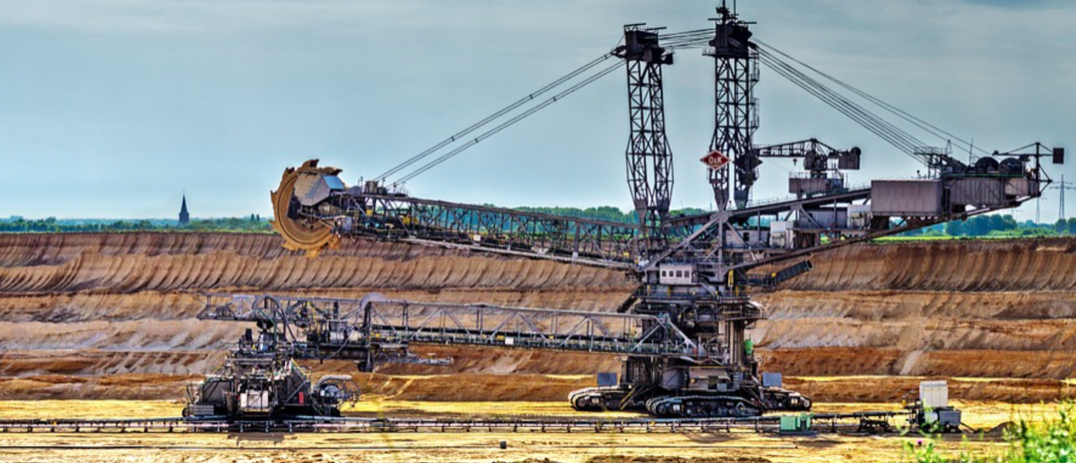




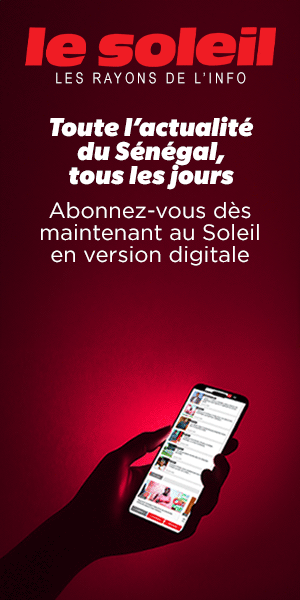





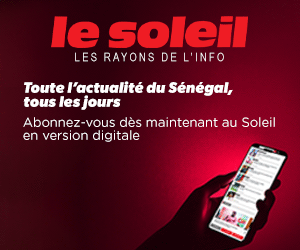




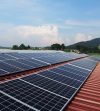


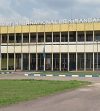


Réagissez à cet article